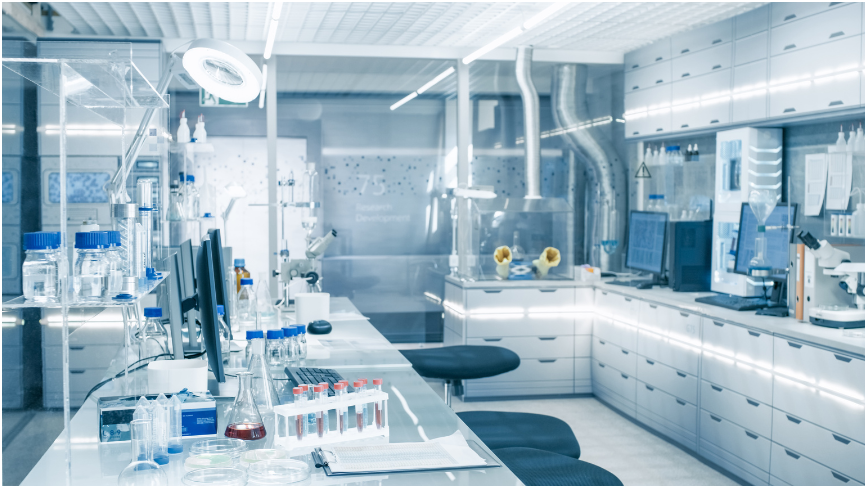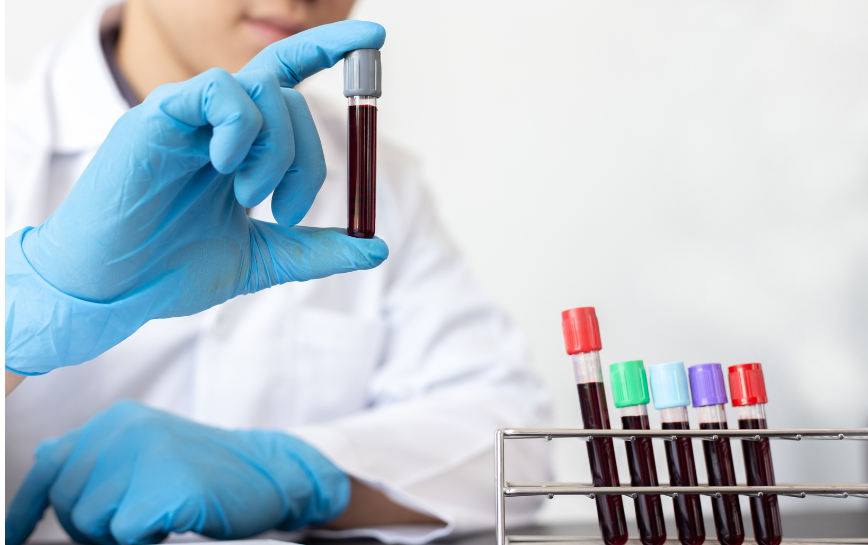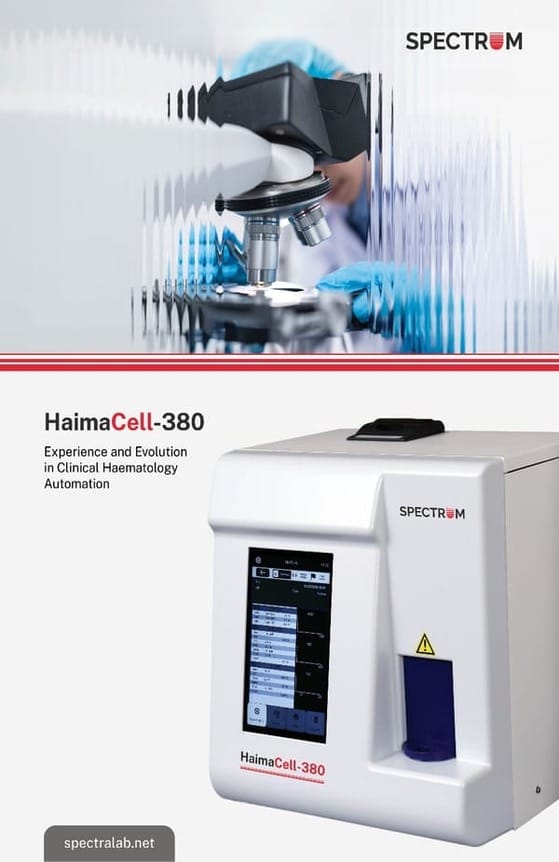Sustainable Science: Transforming Your Laboratory for a Greener Future

Laboratories play a vital role in scientific research and innovation, but they also consume significant resources and generate a considerable amount of waste. As the global community becomes increasingly aware of the environmental impact of human activities, there is a growing imperative for laboratories to adopt sustainable practices. By implementing green initiatives and embracing eco-friendly technologies, laboratories can minimize their environmental footprint while promoting a culture of sustainability. In this blog, we will explore practical strategies to make your laboratory more sustainable.
-
Reduce, Reuse, Recycle:
The mantra of "reduce, reuse, recycle" is as relevant in the laboratory as it is in everyday life. Start by minimizing waste generation through thoughtful purchasing practices. Opt for products with minimal packaging or choose suppliers that offer eco-friendly alternatives. When possible, reuse glassware, plasticware, and other laboratory equipment instead of disposing of them after a single use. Implement a comprehensive recycling program for materials such as paper, cardboard, plastics, and glass to divert waste from landfills and promote resource conservation. -
Optimize Energy Efficiency:
Laboratories are notorious energy hogs due to the constant operation of equipment such as fume hoods, autoclaves, freezers, and incubators. Take steps to optimize energy efficiency by investing in energy-saving equipment and implementing smart energy management practices. Choose energy-efficient appliances with high-performance ratings and consider retrofitting existing equipment with energy-saving upgrades. Additionally, encourage lab members to power down equipment when not in use and leverage natural lighting and ventilation to reduce reliance on artificial lighting and HVAC systems. -
Embrace Green Chemistry Principles:
Green chemistry offers innovative solutions to minimize the environmental impact of chemical processes and products. Adopting green chemistry principles can help reduce hazardous waste generation, enhance safety, and improve the sustainability of laboratory operations. Explore alternative synthetic routes, solvent-free reactions, and catalytic processes to achieve cleaner and more sustainable chemical transformations. Additionally, prioritize the use of renewable feedstocks, biodegradable materials, and environmentally benign solvents to minimize the ecological footprint of your research activities. -
Implement Water Conservation Measures:
Water is a precious resource, and laboratories consume significant quantities for various applications, including equipment cooling, sample preparation, and cleaning. Implement water conservation measures to reduce consumption and minimize wastage. Install water-efficient fixtures such as low-flow faucets, showerheads, and laboratory equipment with water-saving features. Recycle and reuse water where feasible, and implement strategies to capture rainwater for non-potable uses such as irrigation and cooling tower makeup. -
Promote Sustainable Procurement:
Make informed choices when selecting laboratory supplies, chemicals, and consumables to support sustainability throughout the supply chain. Choose products that are manufactured using environmentally friendly processes, contain recycled materials, or are certified as sustainable by recognized standards organizations. Prioritize suppliers that adhere to ethical sourcing practices, minimize packaging waste, and offer take-back programs for recycling or proper disposal of used products.


